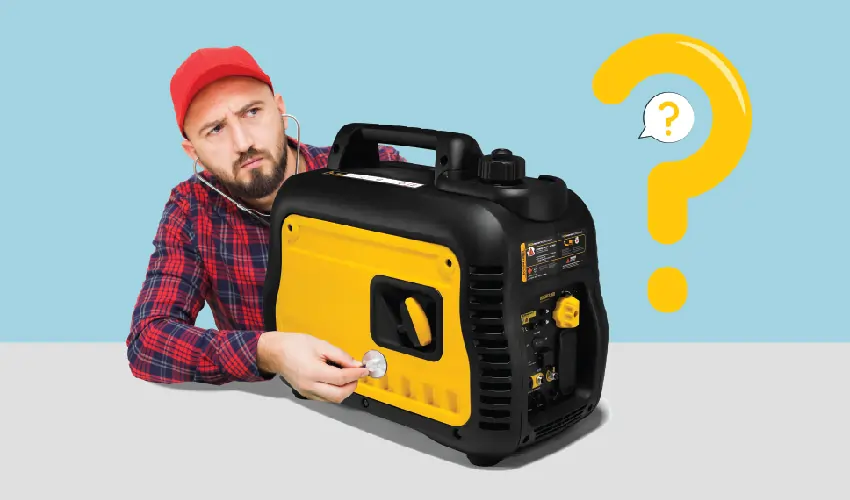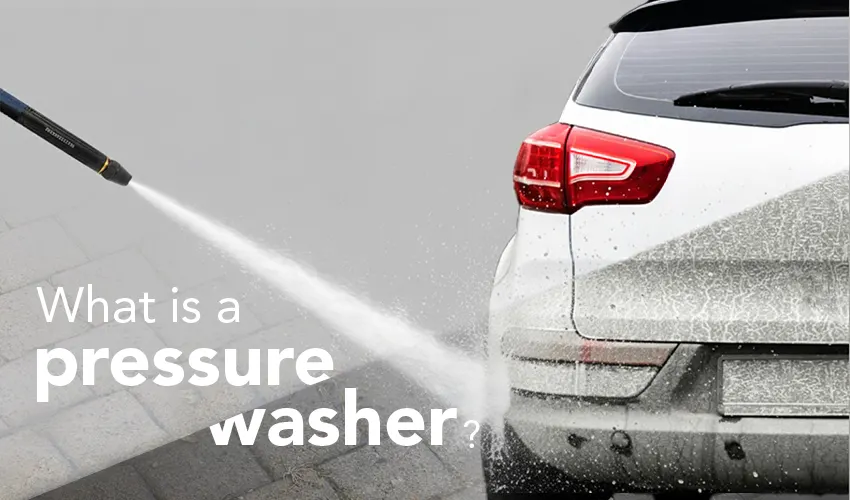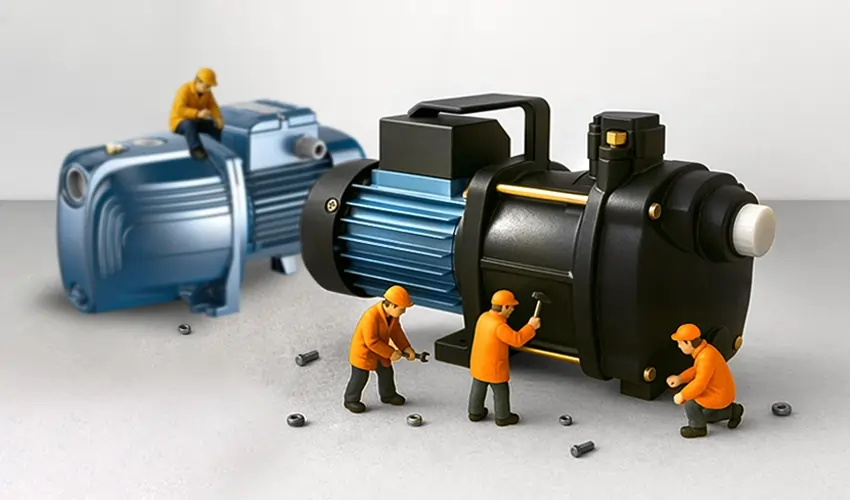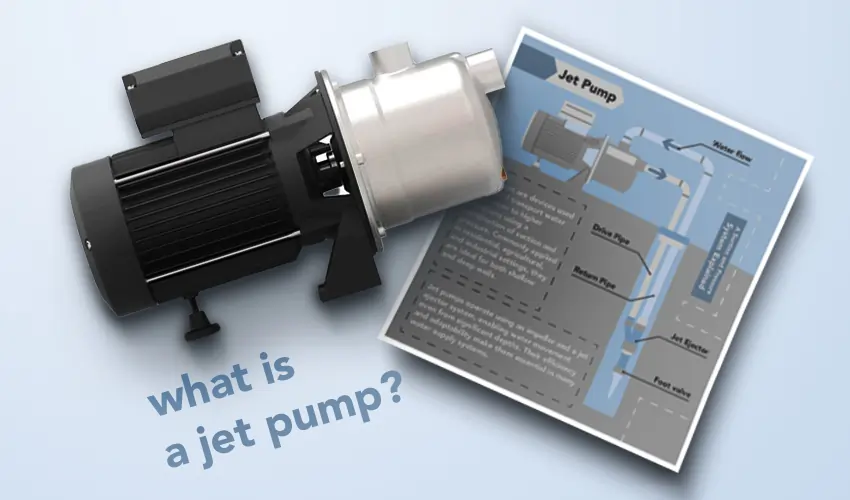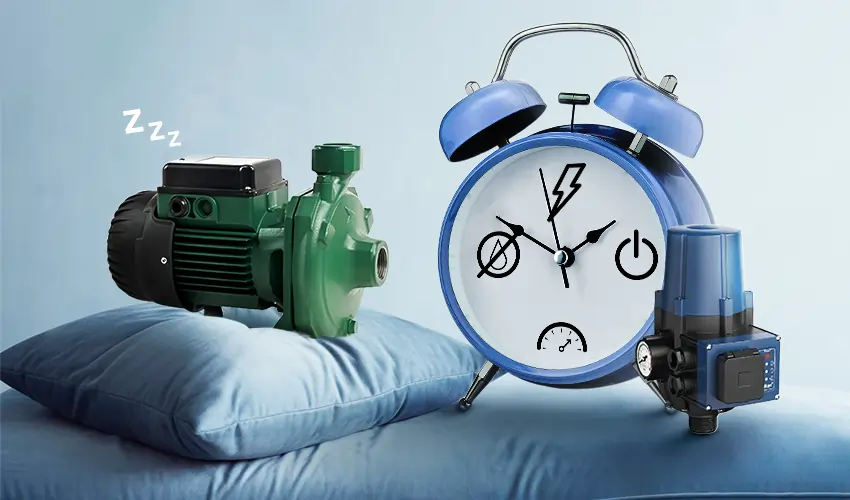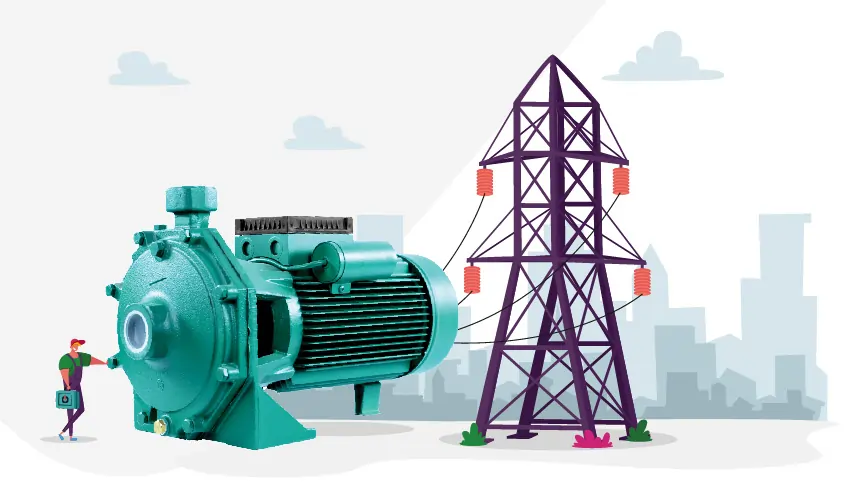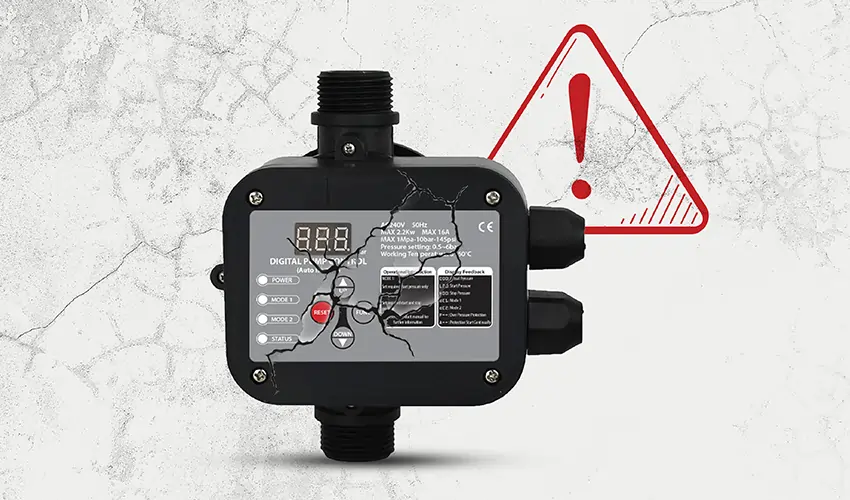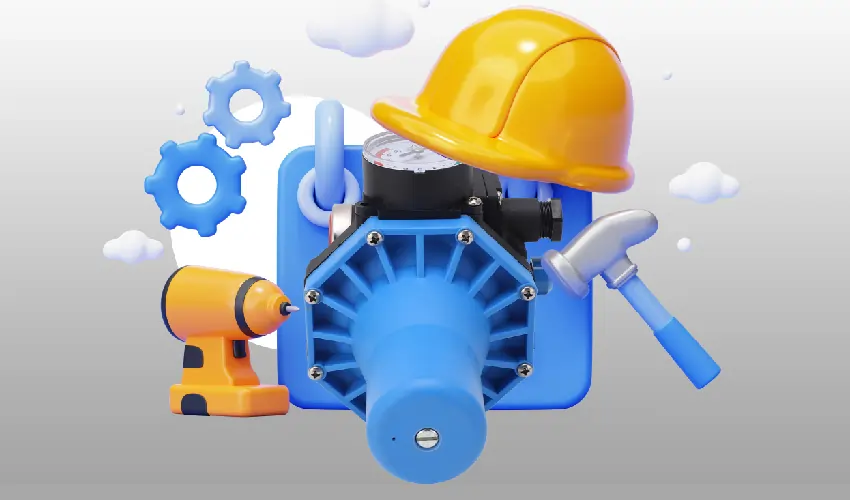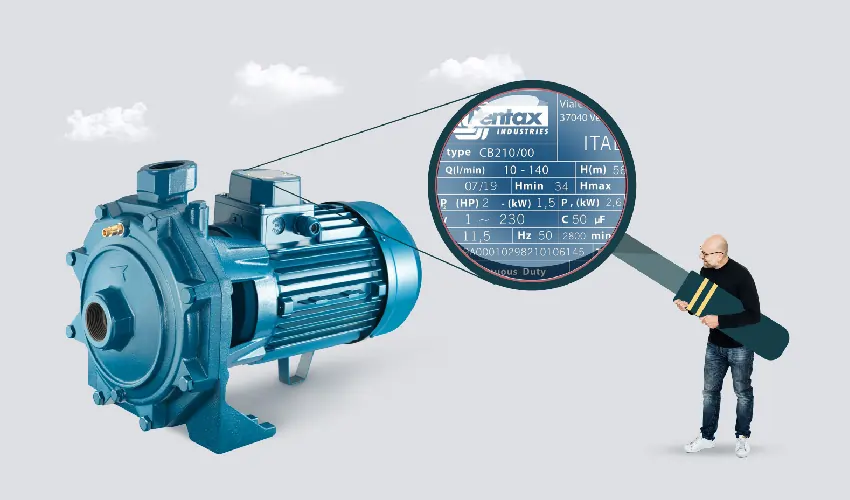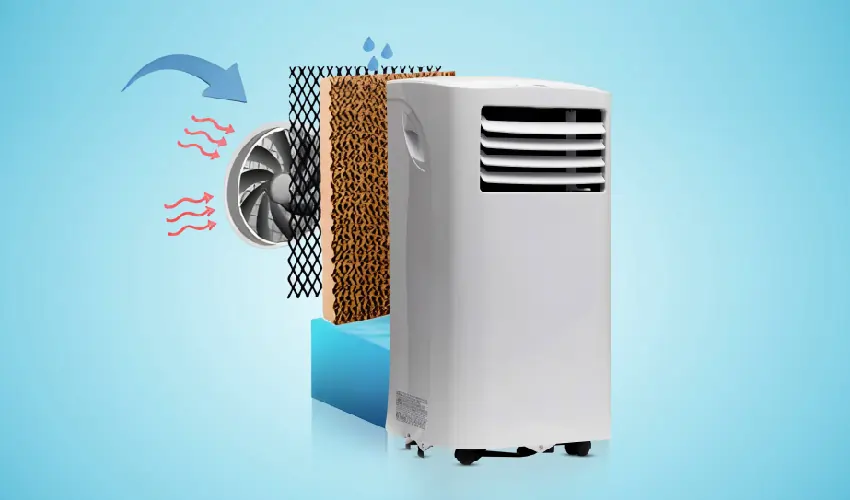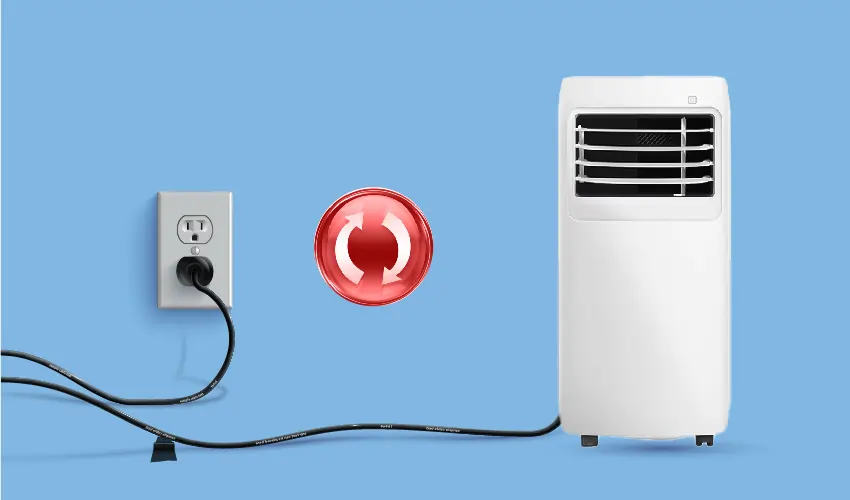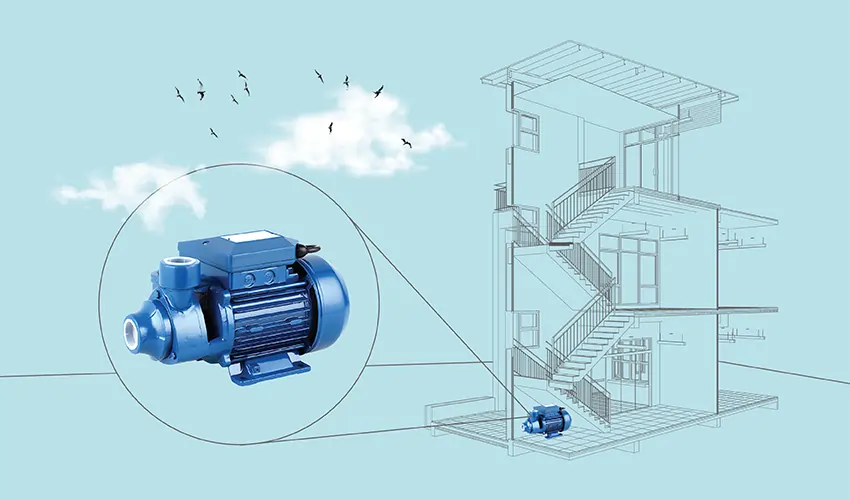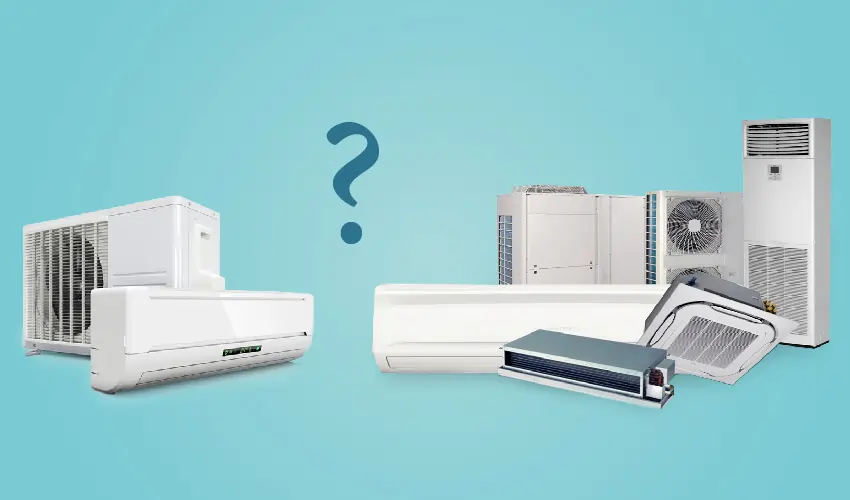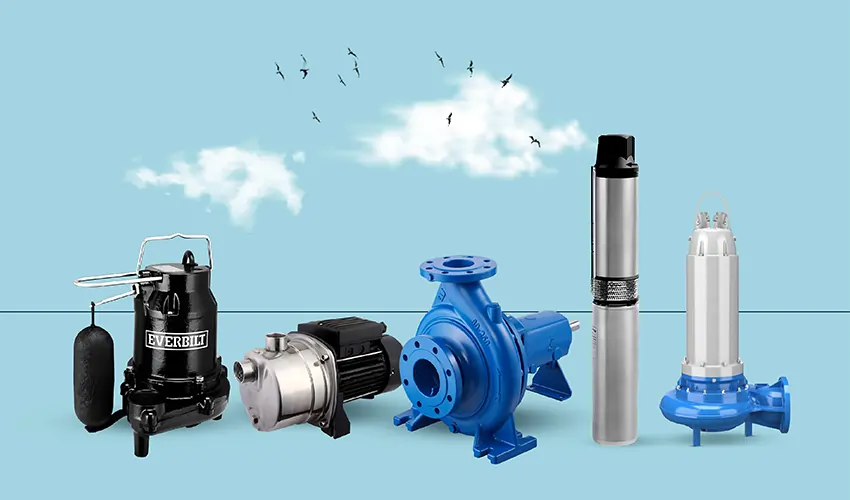Known for their efficiency, quiet operation, and ability to generate clean, stable power, inverter generators are essential in diverse settings, such as outdoor recreation and as backup power sources for homes and businesses. Their reliability and performance are key, making it imperative to address any issues that may arise. This article delves into the common problems associated with inverter generators, offering detailed insights on how to maintain them in peak conditions. By understanding and addressing these issues, we can ensure that inverter generators remain dependable and effective.
How Does an Inverter Generator Work?
An inverter generator primarily produces electricity, like any standard generator, by converting fuel into mechanical energy. However, the process doesn’t stop there. This type of generator takes the generated AC (Alternating Current) power and transforms it into DC (Direct Current). Following this, through advanced electronic circuitry, it inverts the DC back into AC power. This added step is where the inverter generator truly distinguishes itself.
The conversion process results in a consistent and stable power output, characterized by minimal distortion. This cleaner AC power is particularly beneficial for powering sensitive electronic devices like laptops, smartphones, and medical equipment, which can be adversely affected by power fluctuations. Inverter generators are designed to adjust the engine speed to the power demand. This not only results in efficient fuel use but also significantly reduces emissions, making them an environmentally friendly choice.
Thanks to their enclosed design and the engine’s ability to run at varying speeds, inverter generators are generally quieter than traditional generators, making them suitable for use in noise-sensitive environments like camping, residential areas, and public events.
How Long Should an Inverter Generator Last?
Inverter generator issues Resolving, is a key aspect of ensuring a long lifespan for these sophisticated power sources. The lifespan of an inverter generator depends on several factors, including the quality of the generator, how well it is maintained, and how frequently it is used.
- Quality and Brand: Higher quality generators from reputable manufacturers often have longer lifespans due to better construction and components.
- Maintenance: Regular maintenance is crucial. This includes changing the oil, cleaning or replacing air filters, and inspecting and maintaining the spark plug and fuel system. Proper storage, especially in the off-season, also prolongs its life.
- Usage: How often and how intensively the generator is used will also affect its lifespan. Generators used occasionally for camping or backup power during outages will typically last longer than those used daily or for extended periods.
- Load Management: Consistently running the generator at or near its maximum capacity can shorten its lifespan. Using it within its optimal load capacity is advisable.
- Environmental Factors: Operating conditions like extreme temperatures, humidity, and exposure to dirt or salt can impact longevity.
- Upkeep and Repairs: Promptly addressing any issues or repairs can prevent minor problems from developing into major ones that could shorten the generator’s lifespan.
On average, with proper maintenance and moderate use, you can expect an inverter portable generator to last anywhere between 1,000 to 2,000 hours of operation. Some high-end models might last longer with diligent care and maintenance. It’s always recommended to follow the manufacturer’s guidelines for maintenance and operation to ensure the longest possible lifespan for your inverter generator.
Do Inverter Generators Need Maintenance?
Inverter generators, like all mechanical devices, require regular maintenance to ensure optimal performance, longevity, and safety. Proper maintenance not only keeps an inverter generator running at peak efficiency but also plays a crucial role in fuel economy, noise reduction, and prolonging the life of the unit. Here’s a breakdown of why inverter generators should be maintained:
- Peak Efficiency: Regular maintenance ensures that the inverter generator operates efficiently, using fuel sparingly and effectively.
- Extended Lifespan: By keeping the generator in good condition, maintenance can significantly extend its operational lifespan.
- Noise Reduction: A well-maintained inverter generator typically runs quieter, which is particularly beneficial when it needs to operate overnight or for extended periods.
- Safety and Reliability: Regular checks and upkeep prevent potential safety hazards and ensure the generator is reliable when needed.
What Are the Inverter Generator Issues and Their Solutions?
When using inverter generators, users may encounter a range of issues that can affect performance and efficiency. These problems can range from starting difficulties and power output inconsistencies to overheating and fuel efficiency challenges. Each of these issues has specific causes and can be effectively addressed with targeted solutions.
Starting Issues
Inverter generators can face starting problems due to various issues, each with specific solutions. Low oil levels or the use of old, degraded oil can hinder starting, which can be resolved by checking and replacing the oil as necessary. Fuel problems, like using stale or contaminated fuel, can also affect starting efficiency; this can be addressed by replacing old fuel and cleaning the fuel filter and carburetor. In electric start models, battery issues such as low charge or deterioration can lead to starting difficulties, requiring battery charging or replacement. Additionally, air trapped in the fuel lines can prevent starting, which can be fixed by bleeding the fuel lines.
Power Output Problems
Inverter generators may encounter power output problems due to several factors. Overloading the generator beyond its capacity is a common cause, leading to power fluctuations or shutdowns. This issue can be resolved by ensuring the total load does not exceed the generator’s rated capacity. Problems with the alternator or other internal components can also cause reduced power output, necessitating inspection and possible repair or replacement of these parts. Additionally, faulty or worn-out spark plugs can impact engine efficiency and power output, requiring regular inspection and replacement as needed.
Unstable or Fluctuating Power
Unstable or fluctuating power in inverter generators can be caused by several factors. A dirty or clogged air filter can restrict airflow and affect engine efficiency, leading to power fluctuations. Regular cleaning or replacement of the air filter is necessary to maintain proper engine performance. Issues with the fuel supply or carburetor, such as blockages or malfunctions, can also cause uneven engine running and power instability. Ensuring a consistent fuel supply and maintaining the carburetor are crucial for stable power. Additionally, malfunctions in electronic components, which are essential for power conversion and regulation, can lead to unstable power output. Inspecting and replacing faulty electronic components, often with professional assistance, is important for resolving these issues.
Excessive Noise or Vibration
Excessive noise or vibration in inverter generators can be caused by various factors, necessitating a systematic approach to address these issues. Loose components or damaged isolation mounts are a primary reason, as they can lead to increased noise and vibration. Regular inspections to tighten any loose parts and replace damaged isolation mounts are necessary. Misalignment of internal parts, including the engine and alternator, can also cause excessive noise and vibration, requiring checking and realignment for smooth operation. Engine running issues, potentially due to improper fuel combustion or carburetor problems, can contribute to this issue and should be addressed through engine checks and maintenance. By ensuring all parts are properly tightened, isolation mounts are in good condition, internal components are aligned, and the engine is well-maintained, most noise and vibration issues in inverter generators can be effectively reduced.
Overheating
Overheating in inverter generators is a serious issue that can impact performance and lead to damage if not properly addressed. The primary causes of overheating include lack of proper ventilation, overloading the generator beyond its capacity, and low or degraded oil levels. To prevent overheating, it’s important to operate the generator in a well-ventilated area, ensure the electrical load does not exceed the generator’s capacity, and regularly check and change the oil.
Fuel Efficiency Issues
Fuel efficiency issues in inverter generators can arise from several factors, necessitating specific solutions for optimal operation. The engine running inefficiently due to wear and tear or deposit buildup can lead to increased fuel consumption, which can be mitigated by performing routine engine maintenance. A dirty air filter or carburetor can also reduce fuel efficiency by hindering proper air-fuel mix and combustion. Regular cleaning and proper adjustment of these components are essential for maintaining efficiency. Additionally, operating the generator beyond its optimal capacity can strain the engine and decrease fuel efficiency. To avoid this, the generator should be operated within its recommended capacity, ensuring the power requirements of connected devices do not exceed the generator’s limits.
Electrical Component Failures
Electrical component failures in inverter portable generators can significantly affect their efficiency and reliability. These failures often result from natural wear and tear over time, particularly in key components like the rectifier or inverter module. Regular inspections are crucial to identify and replace worn or damaged components. Another contributing factor is the accumulation of moisture or dust, which can cause corrosion, short circuits, or overheating. Keeping the generator clean and dry, with regular cleaning and proper storage, is essential to preventing these issues.

